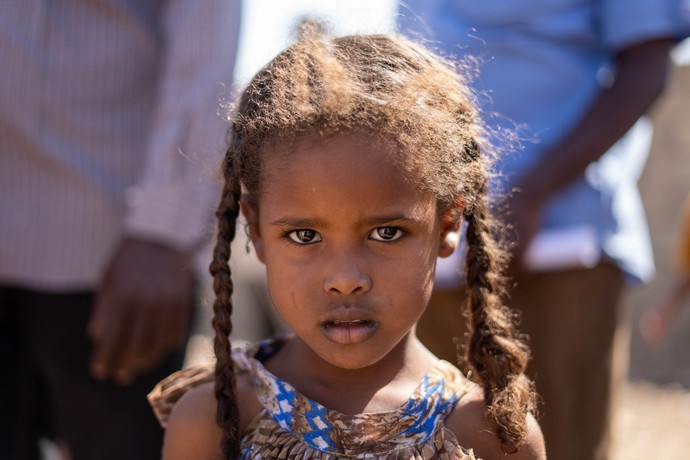Send Help to Sudan
Registered Name: CANADIAN UNICEF COMMITTEE - COMITE UNICEF CANADA
Business No: 122680572RR0001
This organization is designated by Canada Revenue Agency (CRA) as a registered charity. They comply with the CRA's requirements and has been issued a charitable registration number.

Donate today to help UNICEF reach millions of children and their families affected by conflict in Sudan.
Escalating violence in Sudan is putting millions of children and their families at risk.
Children have already been injured and killed. Many are trapped in the crossfire, and many more are being forced to flee from their homes and seek shelter in neighbouring countries.
Sudan has one of the highest rates of childhood malnutrition in the world. An estimated 50,000 children who are experiencing severe malnutrition can no longer access life-saving care because of the fighting. All schools have closed, and many children no longer have access to safe spaces and education.
UNICEF is advocating for a ceasefire to ensure that humanitarian workers can safely reach children and families with urgent health, nutrition, protection and education services.
With your support, we can provide life-saving support and services to children and families affected by the conflict in Sudan.
Donate now to help provide urgent, life-saving assistance to children and families in Sudan.
In the event that UNICEF receives more funds than required to respond to this crisis, your gift will help support UNICEF’s work for children around the world, wherever the need is greatest.
